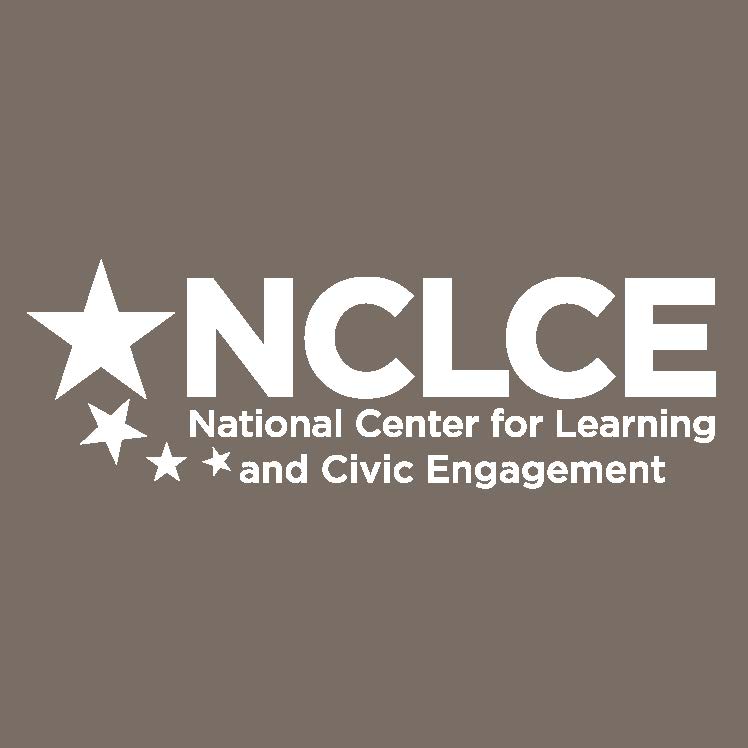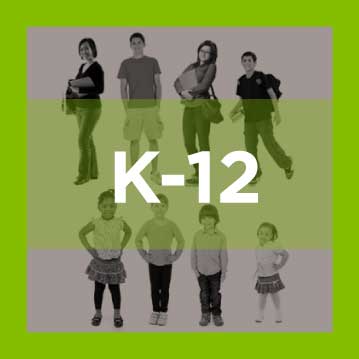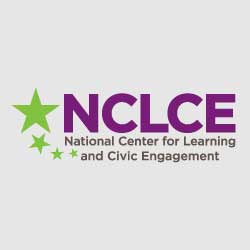Election year brings an expected focus on voter participation and engagement. Of particular interest and concern are significant changes between historical political participation patterns and those of millennials. Lower participation rates for younger voters has led many to conclude that our educational system has forsaken its role in developing the civic knowledge, skills and dispositions necessary for full participation in democratic life.
Research by Meira Levinson shows that the well-documented academic achievement gap is masking an equally important civic empowerment gap. Just as a student’s socioeconomic status largely determines the education opportunities and success that they will experience, socioeconomic status also predicts a student’s opportunity for civic learning and engagement, and the subsequent likelihood of participation in voting and civic life.
Low income children are often denied high quality inquiry-based civic learning as their schools focus on “the basics” and raising test scores. According to Coley and Sum, urban schools with low-income, diverse students "provide fewer and lower-quality civic opportunities." Generation Citizen says that affluent white students are twice as likely as those of average socioeconomic status to study the legislative process or participate in service activities, and 150 percent more likely to do in-class debates which are the very sorts of activities that boost civic learning and participation.
The quality of a student's civic learning and engagement opportunities does matter according to a Gallup Education study. According to the research, effective civic learning practices such as discussion of current events, student-led service-learning projects and simulations of democratic processes influenced student achievement motivation and in turn school engagement. The findings show that a students' hope and engagement were significant predictors of academic achievement, with a one-percentage-point increase in a student's score on the engagement index associated with a six-point increase in reading achievement and an eight-point increase in math achievement scores.
Deprived of more enriching civic learning activities, youth feel less engaged in school, the achievement gap that separates them from their more privileged peers may grow, and the gap can extend to uneven political participation and power. The gap in effective civic learning opportunities forecasts a gap in voting that erodes democratic representation and a government of “We the people.” By the time youth turn 18 and become eligible to vote, the civic knowledge, skills and dispositions they developed in school may already have determined their propensity for civic engagement and voting. Coley and Sum sound the alarm, noting “The decline in voting in recent years, especially among the young, less-educated, and lower-income groups, should be viewed as a fault line in the bedrock of our nation’s democracy that must be addressed.
Two recent publications of Education Commission of the States’ National Center for Learning and Civic Engagement point towards effective strategies to close the civic empowerment gap. Drawing from best practices for civic education in The Civic Mission of Schools, the newly updated Guidebook: Six proven practices for effective civic learning highlights what these quality pedagogical practices look like in diverse classrooms and provides numerous examples and model programs.
A number of innovative approaches to early youth voter participation are also being explored by states and municipalities, the focus of a recent education trends report Youth Voting: State and city approaches to early civic engagement. By facilitating early participation, the goal is to engender student political skills and interest that will create lifelong voters.
Our shared commitment to educational equity and success for all students should include recognition that enriching civics activities can contribute to closing both the achievement gap and the civic empowerment gap. Expanding high quality civic learning and engagement practices for all students, regardless of socioeconomic status or ethnicity, may also be one of the most powerful things that education leaders can do to strengthen our democracy.






